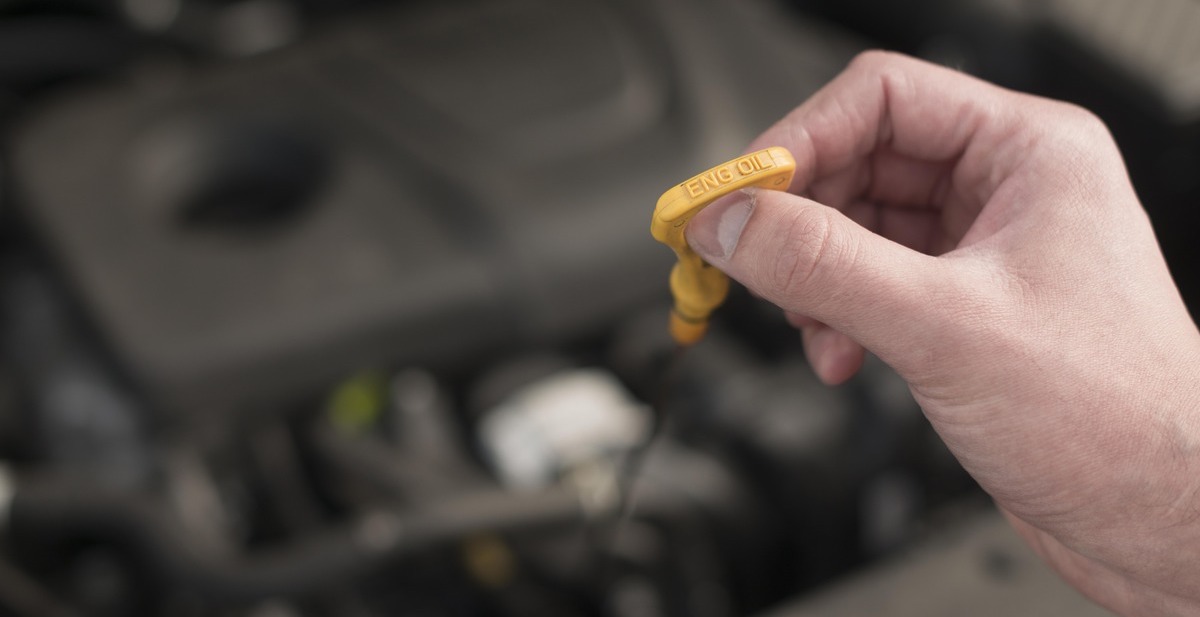Why are so many cars being recalled lately?
It seems as if every month, there is a new recall affecting millions of vehicles across a wide spectrum of manufacturers. Recalls are up 4% from the previous decade, while sales are down 10%. There are a few reasons why so many manufacturers seem to share the same recall woes.
In the past 20 years, the number of voluntarily recalled vehicles has steadily increased. This is largely due to stricter laws, heavier fines, and more cautious carmakers. Cars have continually become more and more complex, both due to legislation that requires certain improvements, such as safety requirements and fuel efficiency standards. As well, there is the auto buyers’ insatiable appetite for new technology. Another contributing factor is the auto industry’s heavy reliance on the outsourcing of parts and the use of modular components. More and more manufacturers are using the same components across different models. While this practice does keep manufacturing costs down, it can be a nightmare to contain if problems do arise.
1. More Advanced Technology, More Things to Monitor
Modern vehicles are no longer just machines — they’re computers on wheels. With advanced features like driver-assist systems, touch-screen dashboards, and connected technologies, cars are more complex than ever. While these innovations improve safety and convenience, they also increase the chances of software bugs, electronic malfunctions, or integration issues. A small software error can now trigger a large-scale recall affecting thousands of vehicles.
2. Stricter Safety Standards and Regulations
Governments and safety organizations are implementing stricter automotive safety standards. Regulatory bodies have become more vigilant, and automakers are under pressure to meet higher quality benchmarks. Even minor issues that might have gone unnoticed years ago can now trigger immediate recalls to avoid hefty penalties and reputational damage.
3. Global Supply Chains and Shared Components
Many manufacturers today use the same components — like airbags, braking systems, or electronics — across multiple models or even different brands. When a defect is discovered in a shared part, it can affect millions of vehicles at once, leading to large-scale recalls. This is one reason why a single faulty component can make global news.
4. Proactive Recall Strategies
Unlike in the past, automakers today are more proactive in addressing problems. Thanks to improved diagnostics, real-time data collection, and customer feedback, issues are detected earlier. Instead of waiting for widespread failures, companies issue recalls preemptively to reduce risk and maintain customer trust.
5. Increased Transparency and Consumer Awareness
Drivers today are better informed. With easy online access to recall databases and automotive news, problems get public attention quickly. Automakers can no longer afford to hide or delay addressing safety issues. This heightened awareness leads to faster and more frequent recalls.
What Car Owners Should Do
Stay informed: Regularly check your vehicle’s VIN number on official recall websites to see if your car is affected.
Act promptly: If your car is recalled, schedule repairs as soon as possible to avoid potential safety risks.
Don’t panic: Recalls are often precautionary. Getting them fixed is usually free of charge.
Final Thoughts
The spike in recalls may seem alarming, but it’s also a reflection of a more accountable, transparent automotive industry. As technology advances and safety standards rise, recalls are becoming part of the normal vehicle lifecycle. The good news is that manufacturers are fixing problems faster, which ultimately makes the roads safer for everyone.
8,499 total views, 1 views today



